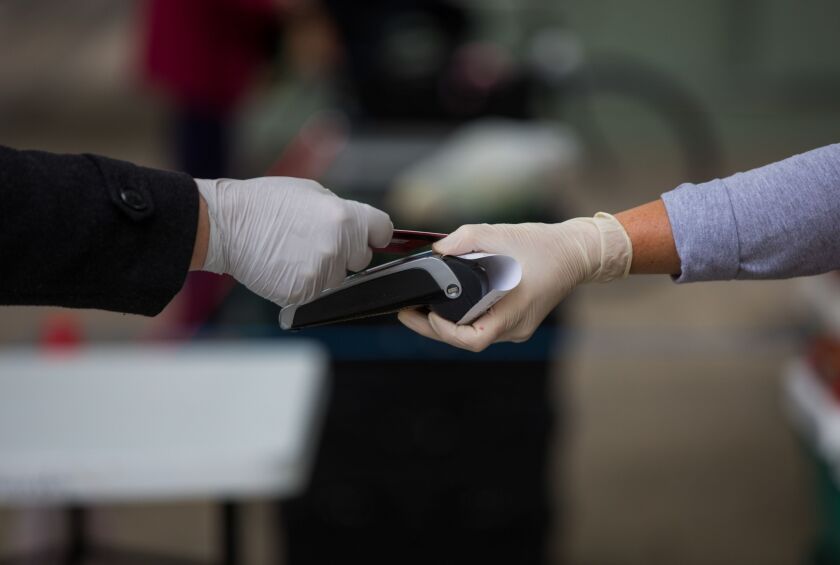The coronavirus’ economic fallout has drawn more attention to buy-now-pay-later options, leading to fresh creativity in business models and marketing.
The immediate lockdown of the nation’s economy in response to attempts to flatten the coronavirus infection curve has had a widespread impact on the revenues of all businesses, particularly small ones that are more susceptible to economic disruptions.
The lines of white cooling trailers that silently announce the scale of the tragedy are what lockbox employees at JPMorgan Chase see on their way to work.
The sharing economy faces its first true crisis, but the payment companies that enable nontraditional payrolls say that the best way to fuel the recovery is to simply be more creative in how people get paid.
Even before the coronavirus outbreak, cybercriminals were shifting their attention away from point-of-sale terminals — but the retail industry still absorbs the most attacks seeking to compromise databases or networks.
Coronavirus has taken a massive toll on suppliers, and emerging invoice methods are getting thrust into the mainstream to rescue cash-strapped businesses.
When Fiserv purchased First Data in 2019, it was part of an industrywide push to combine bank and merchant technology under one roof. A year later, a key piece of First Data’s technology — and its top executive — have become Fiserv’s path through the coronavirus crisis.
A mix of consumer debt and economic anxiety is shining a light on firms that offer alternatives to revolving credit. This, in turn, creates a chance to further tie financing directly to checkout.
When the coronavirus pandemic began, Square pushed hard to get a bigger share of merchants' online sales and consumers' stimulus spending — and even received its long-desired bank license — but found that this wasn't enough to offset the effects of the crisis.
Despite PayPal's efforts to get people to receive — and spend — their stimulus checks from PayPal accounts, the coronavirus pandemic caused its revenue for the first quarter to come in below company guidance.














